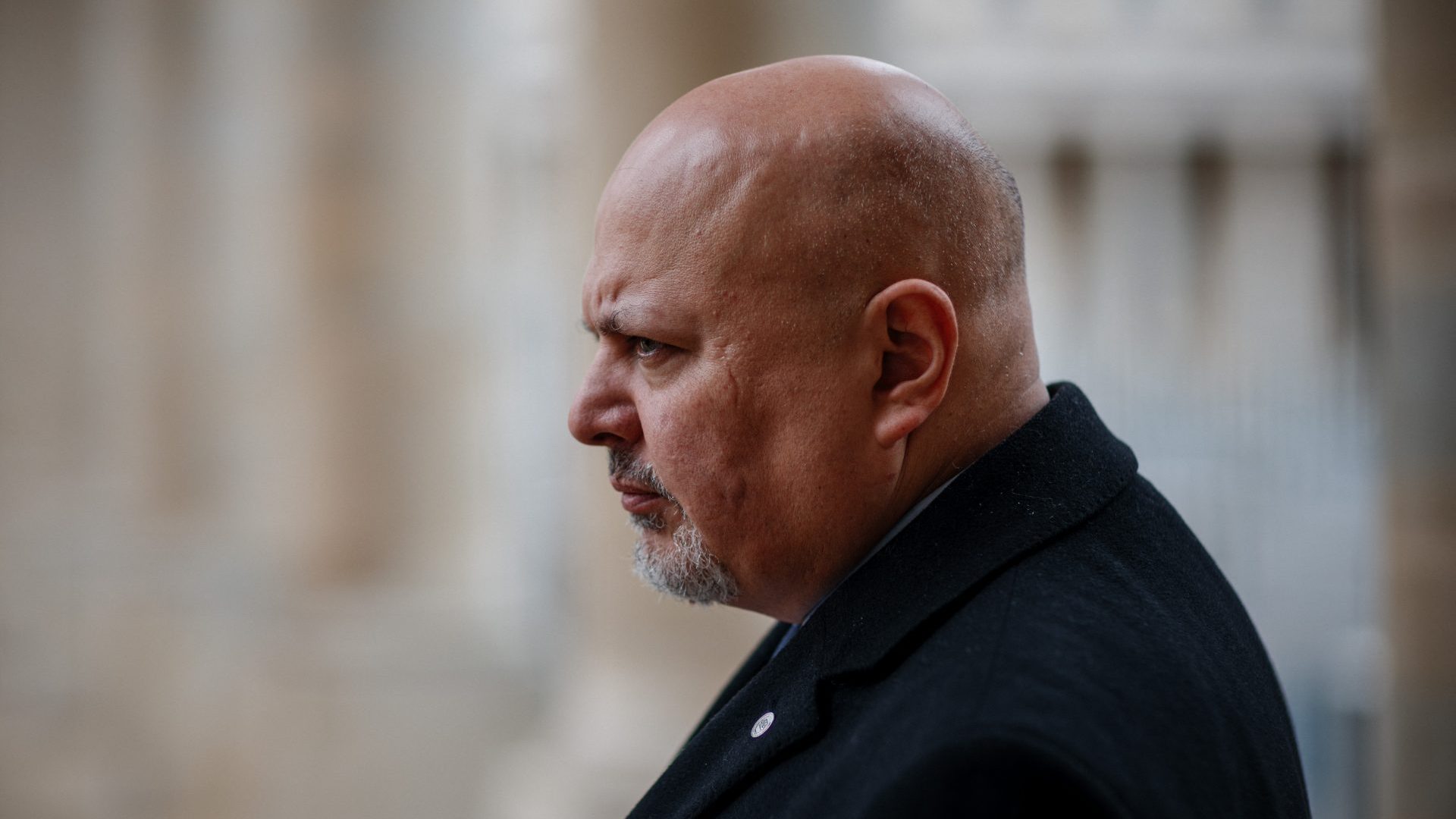The International Criminal Court has been plunged into the worst crisis in its history by sexual misconduct allegations levelled at its chief prosecutor, Karim Khan. This crisis has exploded with the court already badly adrift, having jailed only five people in its 22-year existence.
Khan, a British barrister, is accused by several staffers of a year-long campaign of sexual harassment against a female employee, and of later trying to pressure her to stay silent.
Khan denies the charges, and has pledged cooperation with an investigation, while pointing out the alleged victim has made no official complaint herself.
Whatever the result of the investigation, the allegations have shone a harsh light on high levels of harassment at the court. A survey by the staff union found an astonishing 48% of the court’s 900 employees reported harassment, abuse or discrimination – this in an institution supposedly dedicated to human rights.
The latest report by the court’s monitors, the Independent Oversight Mechanism, makes grim reading. Aside from the Khan allegations, it contains damning reports on a string of officials. One senior figure, unnamed, is blamed for creating an “intimidating, hostile and offensive work environment”. In what the IOM says was the largest investigation it has ever conducted, it found the majority of staff complained about this official, yet no disciplinary action was taken.
If this was all happening at a court busy fulfilling its mission, the harassment crisis could be contained. But the court is failing. It was created as the permanent replacement for a series of United Nations war crimes courts operating in the 1990s. The ICC is not part of the UN, but nevertheless has 125 member states, more than half the nations of the world.
While the five convictions the court has obtained have been strong, the court’s history is littered with blunders and broken promises. The court has been investigating various events that took place in Afghanistan since 2003, but for reasons never explained, has never charged anyone with anything. Likewise, prosecutors reneged on promises to investigate multinational corporations for funding mineral wars in Democratic Republic of Congo.
And then there is Gaza. Palestine joined the court in 2015, demanding it investigate war crimes in a previous Gaza war the year before. Yet the court delayed nine years before opening a serious investigation, leaving Palestinians furious. The current investigation only got going after the horrors of the October 7 massacre and its grisly aftermath.
Khan earned praise in May for going after key players in the Gaza conflict, naming as suspects Israeli prime minister Benjamin Netanyahu, his defence minister and three Hamas leaders. As with his indictment of Russia’s Vladimir Putin for crimes in Ukraine, Khan showed he was not afraid to target top people.
Yet, five months later, the judges have yet to issue indictments. In the meantime, all three Hamas leaders appear to be dead. It is an unwritten rule that the ICC investigates both sides of a war, so the judges will likely delay further until Khan comes up with fresh Hamas suspects. Even then, trials are unlikely. Palestine has no means of arresting Hamas leaders, and as Israel is not a member of the court, it is not obliged to hand over suspects.
This chaos has undermined faith in the court, and a growing stream of member states are ignoring it. Last month Mongolia became the seventh member to refuse to arrest an ICC suspect on its soil, in this case Putin when he arrived for an official visit. Meanwhile, some African states have suggested quitting the ICC altogether, unhappy that most of its indictments are concentrated only on their continent.
In this cornucopia of chaos, the root problem is lack of leadership. The court has no overall boss. Its president only handles administration, leaving the judges and prosecutors to their own devices. In theory, the bosses are the 125 member states, which include Britain and all the countries of the European Union. But most take no interest in the court. They meet only once a year, as the Assembly of States Parties – as it happens, next month.
This coming meeting will be pivotal to whether the ICC can get back on track. Its member governments need to bring boldness, transparency and determination to the table.
For an example of how to make it work, the ICC needs to look at the UN courts that preceded it. Consider, for example, the Special Court for Sierra Leone. It was set up in 2002, the same year the ICC was created, and spent £250m, a tenth of the sum lavished on the ICC. Yet it jailed twice as many warlords as the ICC has managed.
Visiting Sierra Leone years ago, I was struck by the lack of funding and the small courthouse in the capital, Freetown. But the spirit in the court was terrific. The lawyers there, many of them Sierra Leoneans, badly wanted to put the civil war behind them. When they hit a problem, they had the drive to work to fix it. The result was 11 warlords jailed, including Liberia’s former president, Charles Taylor, convicted for trading in blood diamonds.
If the states that run the ICC want to save their court from its slow decline, my advice is they place a call to Freetown.
Chris Stephen is a former war correspondent for The Guardian and other newspapers. He is the author of The Future of War Crimes Justice, published in February 2024 by Melville House (London and New York).









